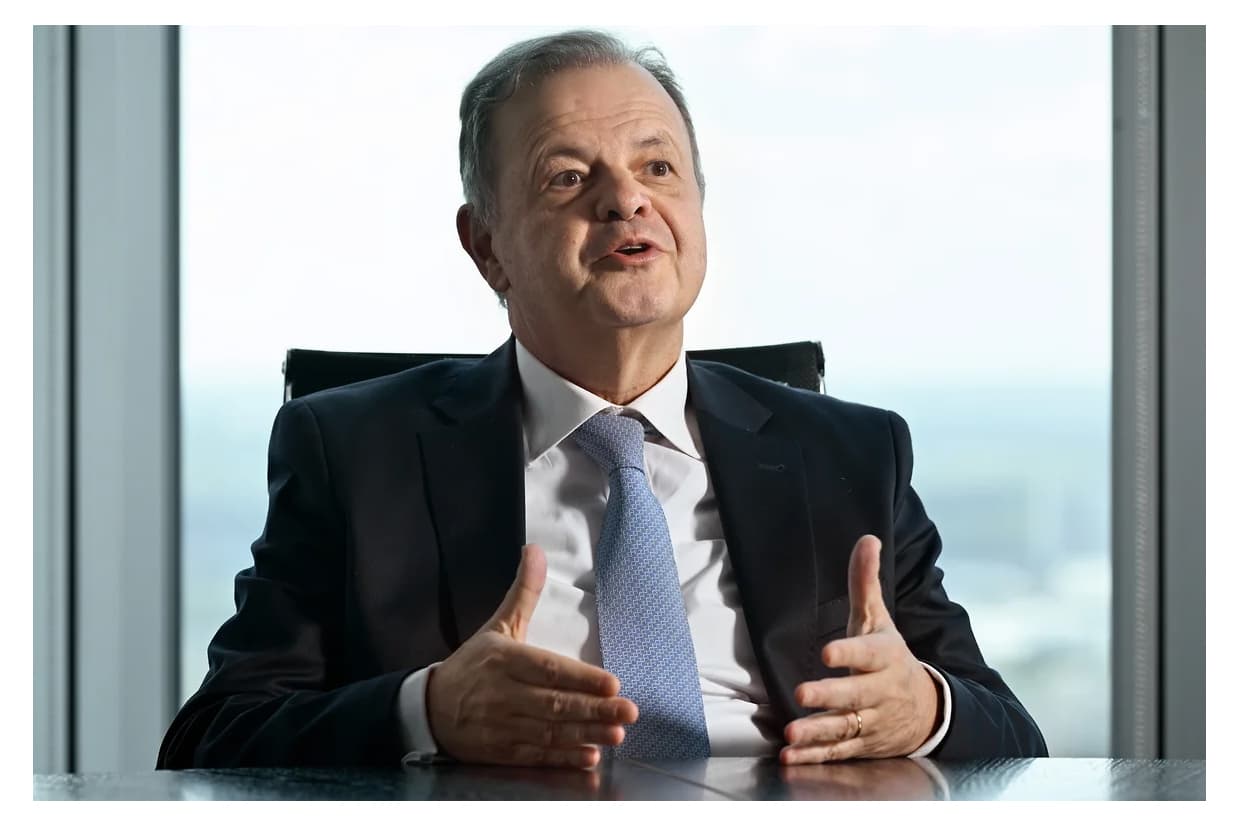Brazil is set to increase its coffee exports to Russia, as announced by Rodrigo de Lima Baena Soares, the Brazilian ambassador to Russia. He highlighted the fluctuating nature of supply prices, which are influenced by numerous factors, including climate changes.
“We are working on increasing (exports). There is a trend towards growing coffee exports to Russia. We hope it will grow by at least 20%,” said Soares at the St. Petersburg International Economic Forum.
Brazilian Coffee Production
Brazil remains a giant in the coffee production industry, with an annual output that significantly impacts the global market. For the marketing year 2023/24, Brazilian coffee production is projected to reach 66.4 million 60-kg bags, up by 3.8 million bags compared to the previous crop. This increase is largely driven by favorable weather conditions in key coffee-growing regions, which have boosted arabica production by 12% to 44.7 million bags. However, robusta production is expected to see a 5% decrease to 21.7 million bags due to adverse weather conditions in Espírito Santo, a major robusta-producing area (USDA Foreign Agricultural Service) (Nasdaq).
Coffee Exports and Market Dynamics
In 2023, Brazil’s coffee exports generated approximately $7.35 billion. The revenue from coffee exports to Russia alone was valued at $131 million. The primary importers of Brazilian coffee include the United States, Germany, Italy, Belgium, and Japan. This robust export market underlines Brazil’s pivotal role in the global coffee supply chain (Nasdaq).
Moreover, the coffee trade between Brazil and Russia is part of a larger economic relationship. In 2023, the trade turnover between the two countries reached a record $11 billion. Besides coffee, Brazil exports soy products, beef, and poultry meat to Russia, while it imports 24% of its fertilizers and diesel fuel from Russia (Nasdaq).
Russian Coffee Consumption
Russia has been increasingly consuming coffee, with consumption patterns shifting significantly over the past decade. In recent years, the country’s coffee market has expanded, reflecting a growing demand among Russian consumers. This rise in coffee consumption is a key driver behind Brazil’s strategy to boost its coffee exports to Russia. As of 2023, Russia’s coffee market size is substantial, though specific figures for 2024 are still being compiled. The growing appetite for coffee in Russia aligns with global trends of increasing coffee consumption (Nasdaq).
Factors Influencing Coffee Prices
The price of coffee exports is highly volatile, affected by various factors including climatic changes and logistical challenges. For instance, Brazil has faced logistical bottlenecks at the Santos port, yet it managed to export a record 3.9 million bags of coffee in January 2024, marking a 39% year-on-year increase. Additionally, the demand for Brazilian conilon and robusta coffee surged by 504% year-on-year in January due to trade disruptions in the Red Sea and limited global supply (Rabobank).
The planned increase in Brazilian coffee exports to Russia is a strategic move aimed at capitalizing on the growing coffee consumption in Russia. This growth is expected to further solidify Brazil’s position as a leading coffee exporter while supporting Russia’s expanding coffee market. The dynamic nature of coffee prices, influenced by global logistical and climatic factors, underscores the complexity and interconnectivity of the global coffee trade. As Brazil continues to navigate these challenges, its robust coffee production and strategic export initiatives are set to enhance its economic ties with Russia and other major coffee-importing countries.

